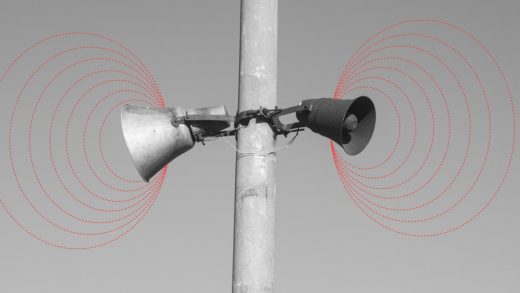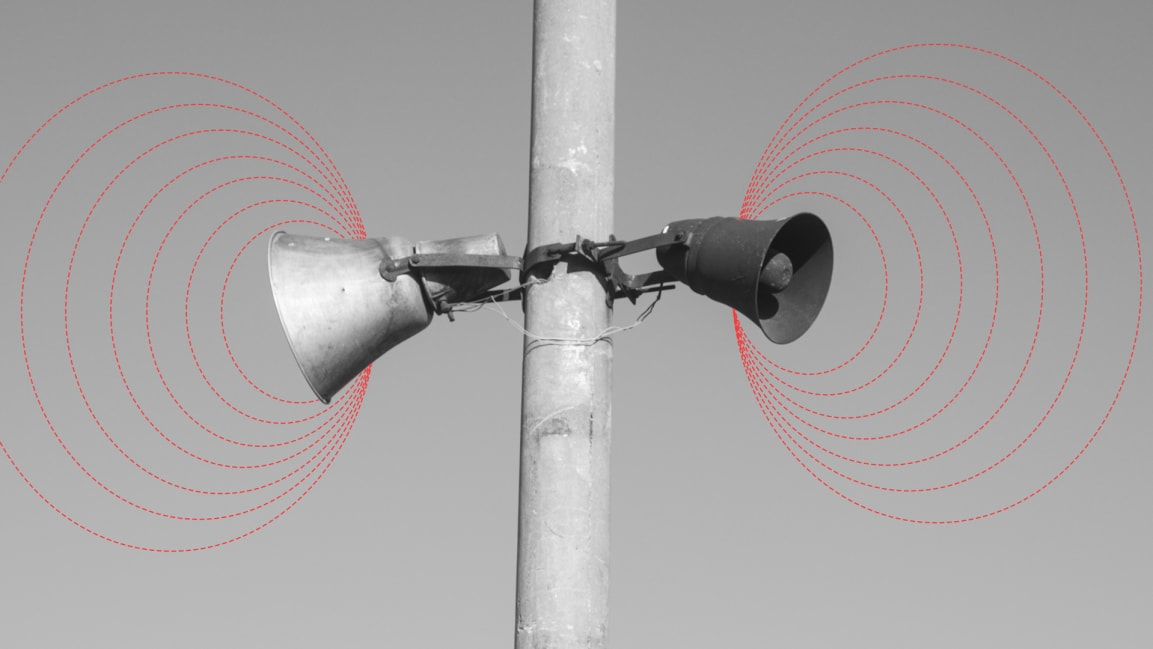What is sedition? How is it different from treason? You’re not alone in asking
The topic has come up quite a bit on social media recently in the wake of a lawsuit by the Republican Texas attorney general—endorsed by his counterparts in 17 other states—that seeks to overturn Joe Biden’s victory in the presidential election. In response to the suit, Pennsylvania’s attorney general did not mince words, calling it a “seditious abuse of the judicial process” in a Supreme Court brief. And on Twitter, hashtags such as #SeditiousSeventeen and #SeditiousGOP have been intermittently trending for the last few days.
So you’re definitely not alone for asking. John Kelly, senior research editor at Dictionary.com, tells Fast Company that searches for “seditious” jumped a staggering 2,553% on Thursday after the Pennsylvania AG’s response to the lawsuit made headlines. Searches for “sedition” jumped 470%.
“Dictionary.com has seen several significant spikes in searches for sedition for the year,” Kelly said in an emailed statement.
For the record, here’s how Dictionary.com defines sedition:
Google Trends data also shows increased search interest in the term over the last seven days.
Interestingly, while Thursday’s spike was noteworthy, it was not the biggest on Dictionary.com this year. An even larger spike came on September 17.
“That day, searches for sedition surged 3,851% compared to the previous week after U.S. Attorney General William Barr was reported to have controversially encouraged federal prosecutors to pursue charges of sedition against demonstrators accused of causing violence in ongoing nationwide protests following the death of George Floyd in May 2020,” Kelly said.
He points out that sedition is different than treason, which Dictionary.com says is typically considered a more serious offense, legally speaking. “Treason typically refers to a direct action to overthrow or betray one’s government, whereas sedition usually falls short of direct action and instead involves the promotion of revolutionary or treasonous actions,” the site says.
You can find more context at Dictionary.com. Or if you want to get real deep in the weeds, try this page from Cornell Law School.
(22)



